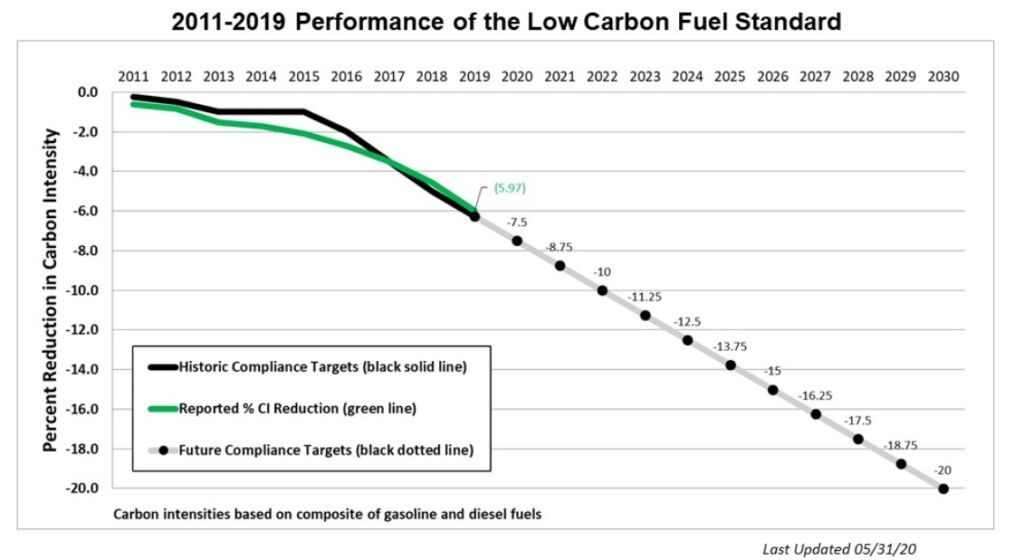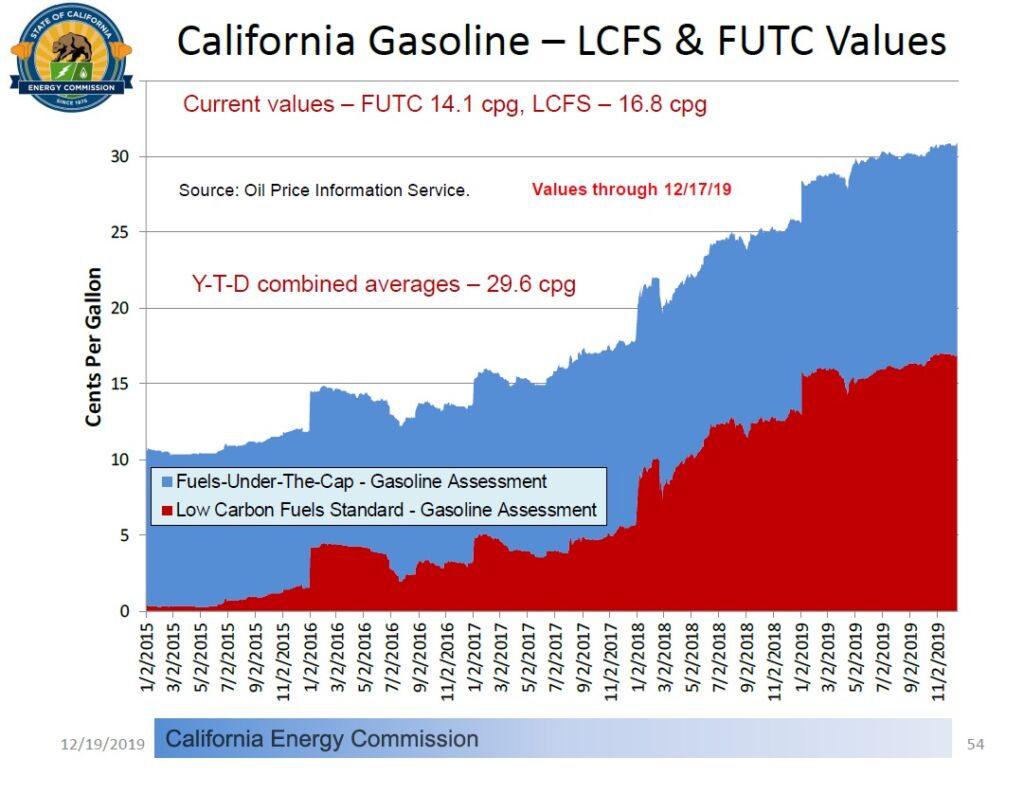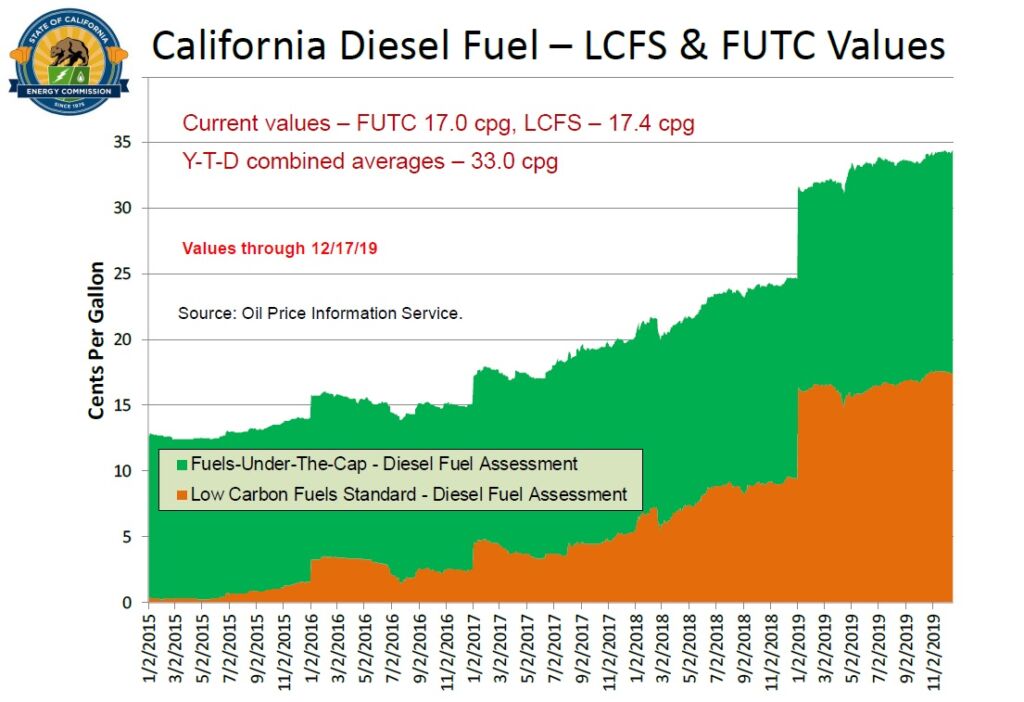Proposed ‘low carbon fuel standard’ would cause a lot more pain at the pump
Politicians in St. Paul don’t seem satisfied to impose California’s mandates requiring the sale of electric vehicles in Minnesota. Unfortunately, they also want to make driving more expensive for the rest of us.
To this effect, lawmakers in Minnesota have introduced legislation that would increase the cost of gasoline and diesel fuel in our state by mandating a “Low Carbon Fuel Standard” (LCFS), a policy that was first enacted in California.
These new mandates would force the average Minnesota family to pay an extra $175 per year at the pump but produce zero measurable environmental benefits. In other words, the regulations would be all pain, no gain.
What is a low carbon fuel standard?
An LCFS is a government regulation that acts as a type of cap-and-trade system designed to reduce the carbon intensity (CI) for transportation fuels. Companies that sell fuel are required to reduce the carbon intensity of their fuels or buy credits to offset their emissions if their fuel isn’t meeting the government mandates.
Companies often try to reduce the CI of their fuels by adding ethanol to gasoline or using biodiesel or renewable diesel fuel. Over time, however, the rules become stricter, and companies will be forced to transition away from meeting the mandates with biofuels toward promoting electric vehicles.
As the mandates get stricter, they also drive up costs.
LCFS would be a cost driver
According to the website for the California Air Resources Board (CARB), which is the same agency that drafted the California car mandates Governor Walz wants to impose on Minnesota, the LCFS is designed to reduce the carbon intensity of fuels by 20 percent by 2030.
As of 2019, the regulations had reduced the CI of fuel in California by just six percent since 2011, but the regulations become more stringent every year making compliance more expensive.

While the LCFS has had only a small impact on the carbon intensity of the fuel supply in California, it has had a big impact on the cost of driving for California consumers.
According to the California Energy Commission, the LCFS has quickly increased the price of gasoline by 16.8 cents per gallon, as you can see in red below.

The LCFS in California has increased the cost of diesel fuel by 17.4 cents per gallon, shown in orange below.

The LCFS would have caused even bigger price increases if California had not set a price ceiling for the cost of the credits sold in the program. This is why the graphs above show the cost of the program leveling off in 2019.
What does it mean for Minnesota?
According to U.S. Energy Information Administration data, Minnesotans use about 6.3 million gallons of gasoline per day or 2.3 billion gallons per year. If we divide this by the number of households in Minnesota, we can approximate that each family uses around 1,053 gallons of gasoline per year.
Increasing the cost of gasoline by 16.8 cents per gallon would increase costs by more than $175 per year, but produce zero measurable environmental benefits. Additionally, increasing the price of diesel would cost our farmers, truckers, and those who drive diesel-powered vehicles an extra $233 million each year.
No environmental benefits
Supporters of these mandates will likely claim that they’re part of saving the environment, but like nearly all of the green new policies promoted in Minnesota, they will impose tangible costs on Minnesota families for environmental benefits that are too small to measure.
Minnesota drivers emit about 20.5 million metric tons of carbon dioxide per year by using gasoline. If we assume the LCFS reduces the carbon intensity of fuels by 20 percent, then the regulation would reduce CO2 emissions by about 4 million metric tons. Using the same logic used by the Obama administration, this would avert 0.0001° C of future global warming by 2100, an amount far too small to measure.
Minnesota’s LCFS bill is even worse than California’s!
Minnesota’s proposed LCFS is even worse than California’s because it contains no cost cap, which means it could easily become more expensive than California’s mandate. Without a cap on costs, Minnesota families will feel even more LCFS-induced pain at the pump than Californians.
Another huge problem with the Minnesota legislation is that it would delegate the responsibilities of implementing this California-style policy to an unnamed administrative agency that would be subject to little oversight from the general public.
In other words, the legislation would pave the way for higher prices and rule-by-swamp.
Conclusion
Higher prices on gasoline and diesel fuel are a tax on our quality of life, and these proposals harm rural Minnesotans, low-income, and minority communities the most. These regulations would force struggling Minnesota families to pay $175 more at the pump each year for zero measurable benefits to the environment.
More than 11,300 Minnesotans signed our petition opposing California car mandates because they know the costs of the regulations far-exceed the benefits. The LCFS would be another California-style policy that would make driving less affordable and do little to improve the environment.